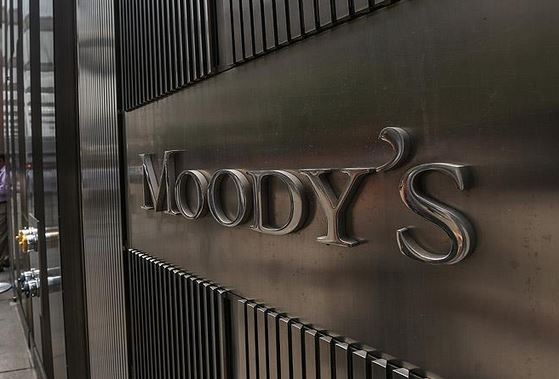Moody’s Investors Service has downgraded the Government of Nigeria’s long-term issuer and senior unsecured debt rating to B2 from B1 and the senior unsecured MTN program rating and the provisional senior unsecured debt rating to (P)B2 from (P)B1. The rating outlook remains stable.
The key drivers for the action are:
1. The authorities’ efforts to address the key structural weakness exposed by the oil price shock by broadening the non-oil revenue base have so far proven largely unsuccessful.
2. As a consequence, while debt levels remain contained and notwithstanding recent cyclical improvements, the government’s balance sheet remains structurally exposed to further economic or financial shocks, with interest payments very high relative to revenues and deficits elevated despite cuts in capital spending.
The stable outlook reflects the fact that the likelihood of a shock occurring that would further impair Nigeria’s economic and fiscal strength remains low, with external vulnerabilities having receded supported by the rebound in oil production, the current account projected to remain in surplus, and reserves boosted through external borrowings and increased foreign capital inflows. Medium-term growth prospects are also credit supportive.
Concurrently, Moody’s has lowered the long-term foreign-currency bond ceiling to B1 from Ba3 and the long-term foreign currency deposit ceiling to B3 from B2. The long-term local-currency bond and deposit ceilings remain unchanged at Ba1.
Source: Moody’s Investors Services



